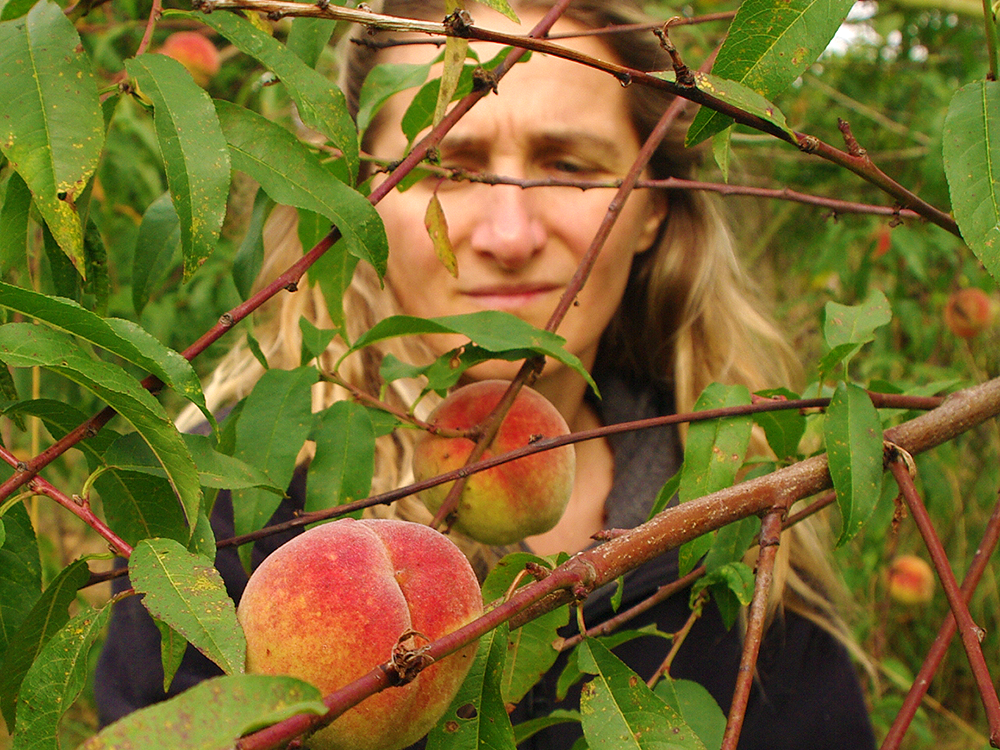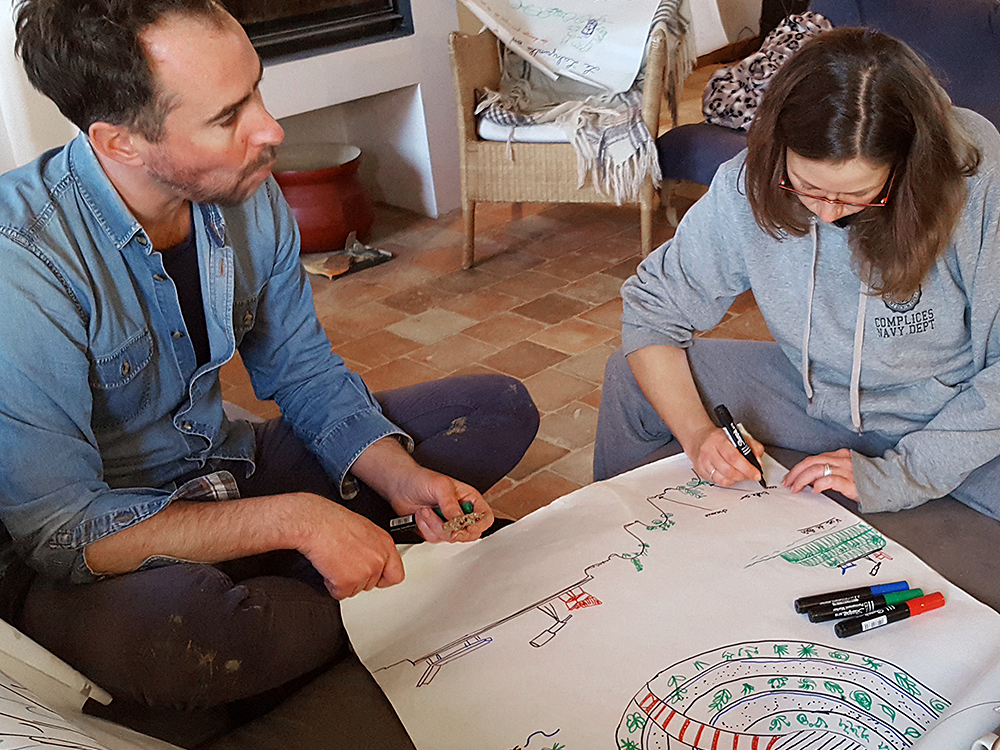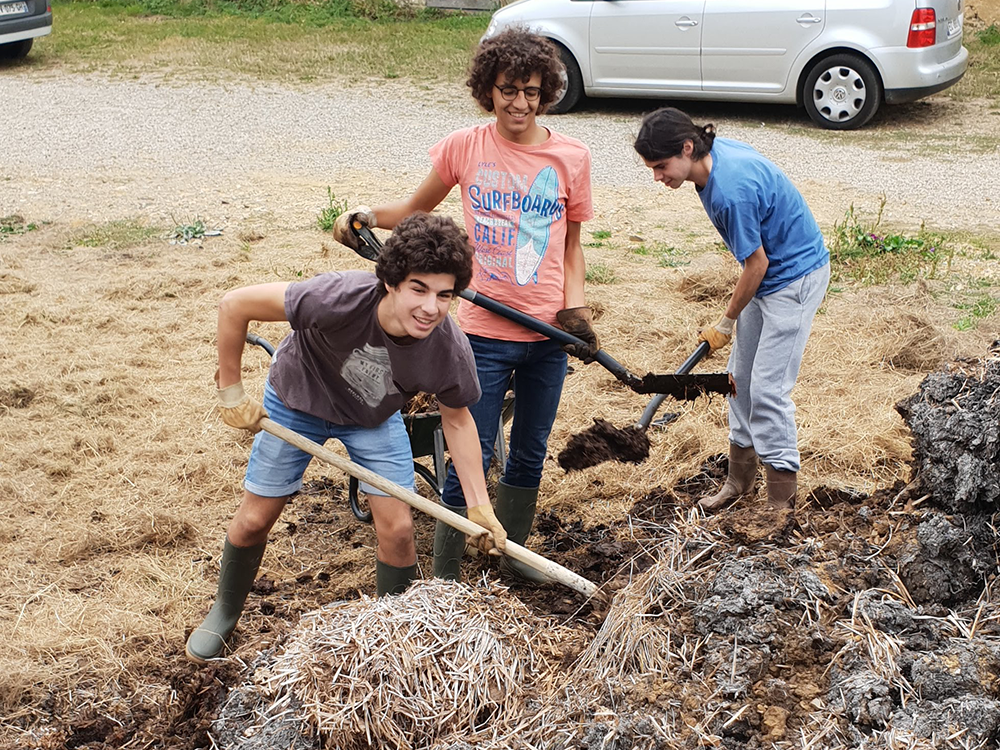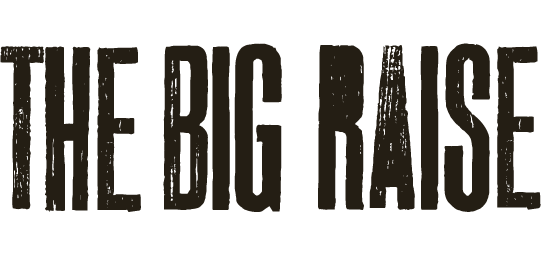
What is permaculture?
Well, it started out, in the early 1970s, as a way to grow food sustainably using ancient techniques and modern ideas.
Permaculture = Permanent Agriculture
But it has since evolved into something bigger and is now more of a philosophy of life.
Permaculture = Permanent Culture
So, the first thing to say is that we try to use permaculture to guide all aspects of our life at The Big Raise; not just as a way to grow food sustainably.
During an Introduction to Permaculture weekend at The Big Raise you will do ten hours of permaculture, some of it theoretical and some practical. The theoretical teaching should be applicable to your lives; the practical teaching will necessarily be specific to our site i.e. a small farm.
We offer introductions to permaculture and not highly technical courses. We want to welcome people who are at the beginning of their transition. But it’s important aswell to say that permaculture is as much about your shopping choices, your electricity supplier, the contents of your bin, the bank you use, your modes of transport, your relations with other people or with animals, the calmness of your brain – in other words your political choices and your personal psychological work – as it is about the chemical structure of the soil or how to construct a Hugelkultur (raised bed with decomposing wood in it). That said we are working on a series of technical handouts for those who would like more detailed information.


The Twelve Principles of Permaculture (the classic version)
- By taking the time to engage with nature we can design solutions that suit our particular situation.
- By developing systems that collect resources when they are abundant, we can use them in times of need.
- Ensure that you are getting truly useful rewards as part of the working you are doing.
- Apply self-regulation and accept feedback.
- Make the best use of nature’s abundance to reduce our consumptive behaviour and dependence on non-renewable resources.
- By valuing and making use of all the resources that are available to us, nothing goes to waste.
- By stepping back, we can observe patterns in nature and society. These can form the backbone of our designs, with the details filled in as we go.
- By putting the right things in the right place, relationships develop between those things and they work together to support each other.
- Small and slow systems are easier to maintain than big ones, making better use of local resources and produce more sustainable outcomes.
- Diversity reduces vulnerability to a variety of threats and takes advantage of the unique nature of the environment in which it resides.
- The interface between things is where the most interesting events take place. These are often the most valuable, diverse and productive elements in the system.
- Creatively use and respond to change. We can have a positive impact on inevitable change by carefully observing and then intervening at the right time.
Alexis’s Twelve Principles of Permaculture
- Permaculture… is a philosophy of life, not a sustainable agricultural system.
- …is based on collaboration and ethics (unlike capitalism) and responds to needs rather than desires.
- …is a toolbox for a sustainable, low-impact lifestyle.
- …prioritises observation and design before action.
- …starts with the patterns before filling in the details.
- …is a dynamic system, not static. It’s a combination of old traditions and new ideas, a system that adapts when faced with good arguments or new facts.
- …is based on local production but a global vision
- …is zero waste like the forest
- …takes advantage of the abundance of nature and not finite or dangerous resources, for example, renewable energy rather than fossil or nuclear energy
- …mimics nature (biomimicry), e.g. growing on different levels (unlike monoculture plantations), plant relationships and perennial rather than annual crops.
- …is a system that promotes diversity and connections.
- …means always starting small and slowly.
Book a course at The Big Raise today
If you’d like to book a weekend course at The Big Raise, then please send us an email to info@lagranderaisandiere.fr and include your first name, surname, email, mobile phone number, dates of the desired course and mode of transport (e.g. Paris, train).
If you have any questions, please consult our FAQs here.




